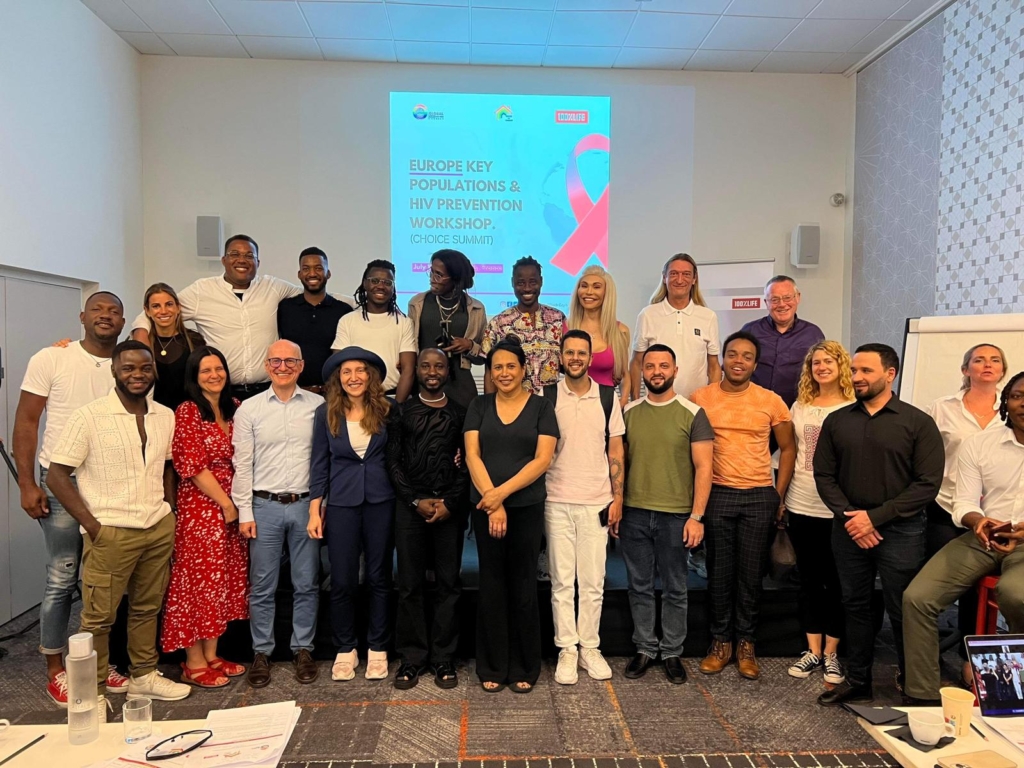Blacks in Europe: ‘The fight against HIV must not be thought of without us’
Moïse Manoël-Florisse, is an African-Caribbean online journalist keeping an eye…
AIDS fighters take aim at problems of Eastern Europeans and blacks in Europe
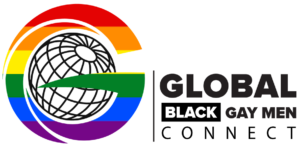
Global Black Gay Men Connect (GBGMC), headquartered in New York, was in Paris from July 12 to 13 to talk about HIV in general and HIV prevention medication (Pre-Exposure Prophylaxis, or Prep) to a mainly Afro-European and Eastern European audience, including participants from Armenia, Ukraine, Byelorussia and Greece. Several women took part, though men were in the majority.
It has to be said that in Western Europe, migrant LGBT+ communities are particularly hard hit by HIV, especially Afro-descendant and mixed-race communities. A further problem addressed by the gathering was that Eastern Europe users of Prep have little financial support.
For Erasing 76 Crimes, some of the participants agreed to tell us how they felt about the event, as well as their activist backgrounds.
76crimes: Micheal Ighodaro, would you please tell us about Global Black Gay Men Connect and your expectations here in Paris?
Micheal Ighodaro: Global Black Gay Men Connect was founded in 2017 to work for the advancement of black and gay men worldwide, as we are one of the most discriminated and stigmatized communities in the world, in Africa or elsewhere.
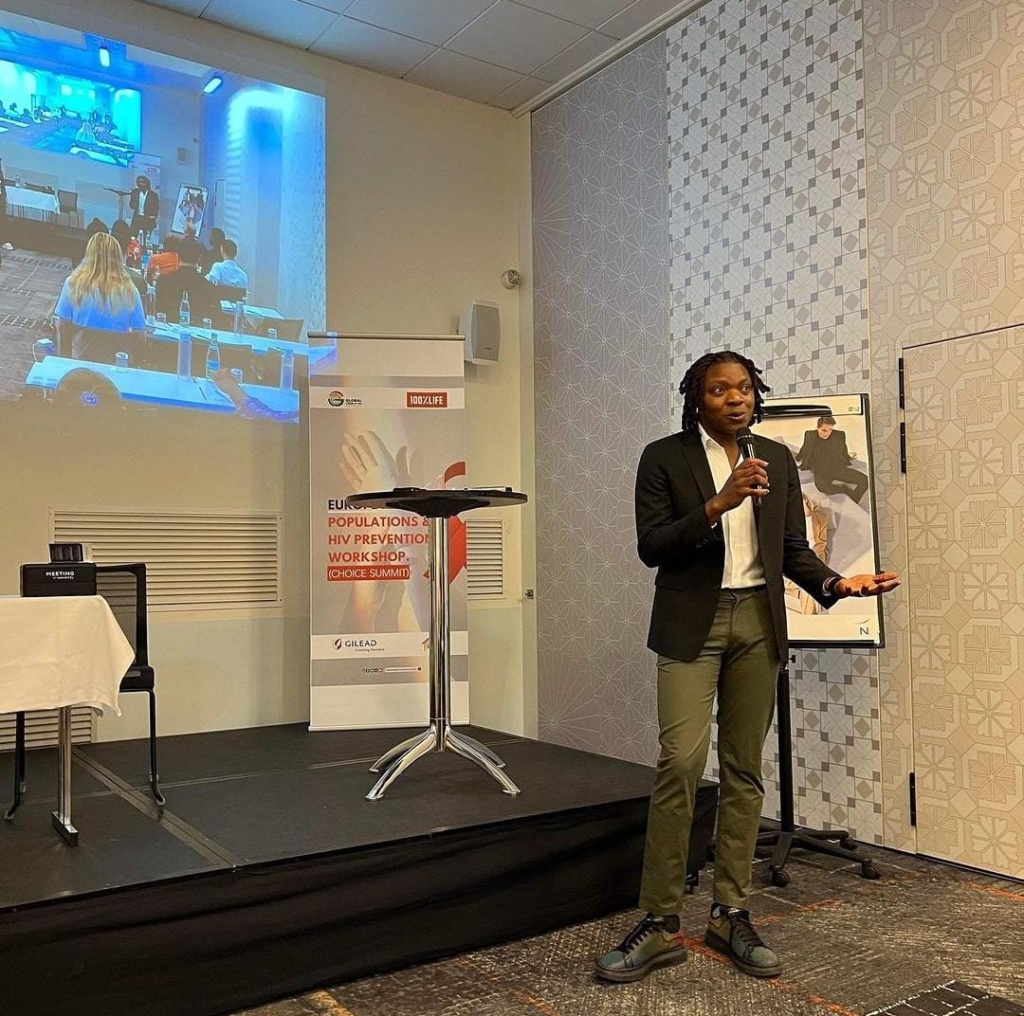
We focus our interest on subjects as varied as health, the fight against HIV, but also the economic advancement of our members and the fight against police violence.
We’re a global, international movement, and my journey from Nigeria to the United States illustrates that. I work at the heart of intersectionalities of race, migration and sexual orientation on behalf of black refugees, simply because I’m part of this community, as a board member of the Global Black Gay Men Connect.
As far as our presence in Paris is concerned, it’s part of a wider effort to reach out to minority groups in Europe, to talk about the new prevention methods available, such as injectable Prep, which has recently become available in France. This is far from being the case elsewhere in Europe or in the countries of the former Soviet Union, despite manufacturers’ efforts to make injectable Cabotegravir more accessible.
This year, we’re delighted to learn that Spain intends to make the fight against HIV one of its priorities during its presidency of the European Union, but now we’d like all minority groups in Europe to have a seat at the table too.
76crimes: Dinah, as a French woman, what led you to join this seminar organized by Global Black Gay Men Connect?
Dinah Bons: I’m a trans woman and the daughter of an artist. I live between France, where I’m a sex worker, and the Netherlands, where I’m a politician. I’m affiliated with the BIJ1 political party, which is on the extreme left of the political spectrum in Amsterdam. It’s an anti-monarchist, feminist, egalitarian, anti-racist and anti-capitalist party.
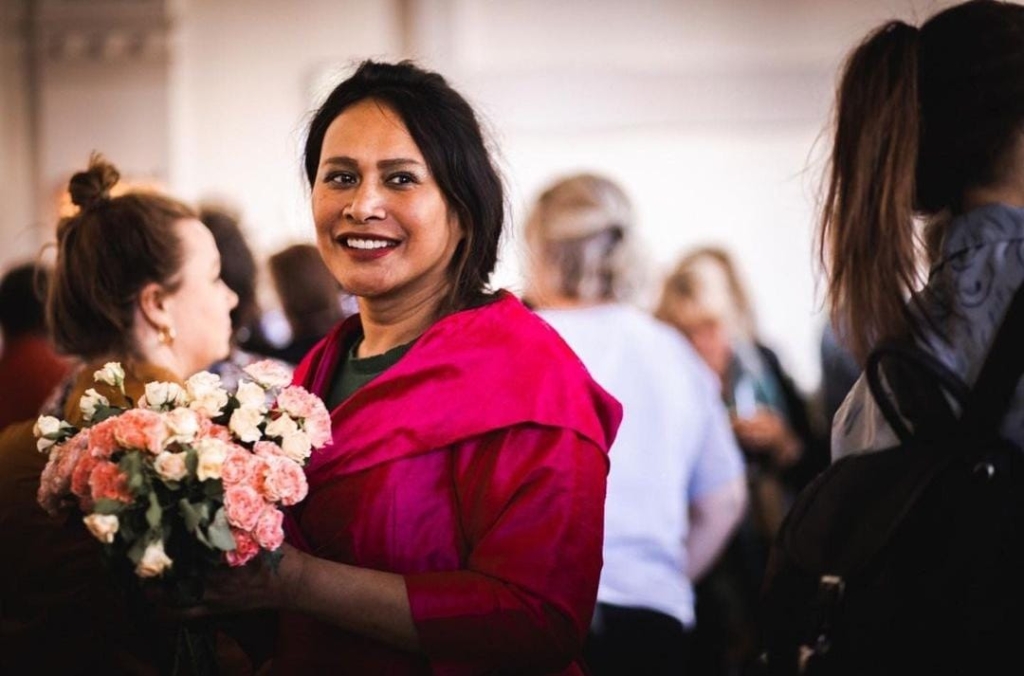
For me, this commitment is important, because I’m an adopted child and I’ve always been considered “black” in my family. In fact, my adoptive parents always wanted me to feel close to my ancestral Polynesian roots, where there is a third gender. This really opened up the field of possibilities for me, and I was immediately attracted by this acceptance of femininity in people born male.
As an adult, I wanted to recreate this and bring out something that Christianity had tried to make taboo. That’s why I’m part of Trans United Europe, a European network that helps trans and non-binary migrants and sex workers, particularly with HIV-related issues and new prevention methods such as injectable Prep.
Yet trans people often complain that their specific needs are insufficiently taken into account by the various national healthcare systems in Europe. Nevertheless, with the help of our partners like Acceptess-T in France, we’re finding that we’re increasingly able to work with doctors and nurses who are trained in our target audience.
76crimes: Harvey, how do you feel about this two-day conference in Paris?”
Harvey Kennedy-Pitt: I founded a non-profit organization “Black Beetle Health” that addresses black LGBT+ people and their health in a holistic approach (mental health, sexual health, combating health discrimination, chronic disease prevention, well-being, acting on the living environment). I also share my expertise on justice and inclusion issues with the Unstukk consulting firm, of which I am the director. As a lecturer, I also teach university courses in public health.
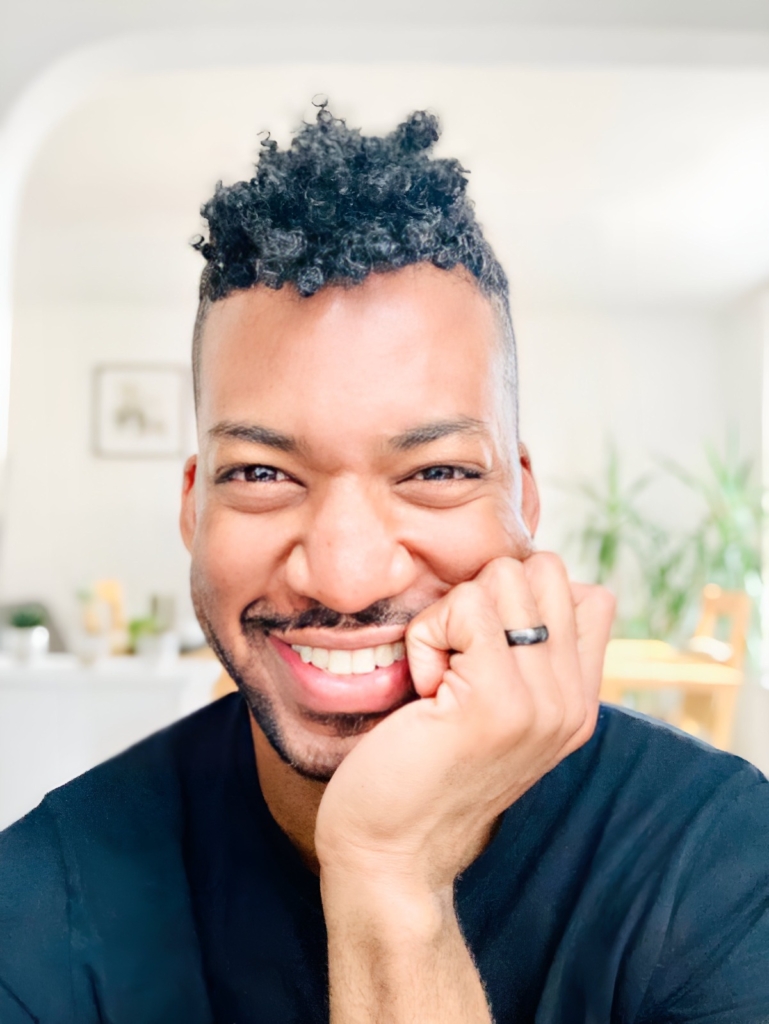
Having discovered public health in South Korea during my university studies, and now living in the UK, I really appreciated the conference’s global, pan-European approach. Moreover, through my exchanges with [Ukrainian HIV activist] Valeriia Rachynska, I was able to learn a great deal about the Ukraine, one of the rare countries of the former USSR where Prep is widely accessible, despite the war raging on its territory.
However, when it comes to racial inequalities, people get very tense, even though it’s so obvious when you see the difference in treatment between white Ukrainian refugees and refugees from African and Arab countries who don’t enjoy the same access to healthcare in European Union countries, with a few rare exceptions. This is particularly shocking, and it seems that people don’t always realize this in their outpouring of racialized solidarity and compassion with the Ukraine.
It also lessens the perception of Eastern Europe as an underprivileged region. More broadly, in this part of the world, we need to think about whether we need new solutions to curb the number of HIV infections, or whether we should duplicate solutions that already exist in other countries. The answer lies in the hands of those working on the ground, locally.
To close the two-day meeting, and echoing the decision of the Spanish presidency of the European Union to recognize the community-based HIV movement on July 3, [Anglo-Nigerian activist] Bisi Alimi had this to say: “Black people, and in particular black gay men, are among those most affected by HIV in Europe, and the issues surrounding the fight against HIV must not be thought of without us”.
